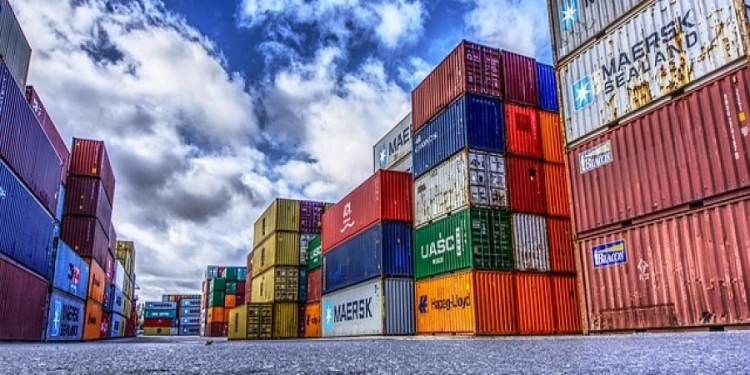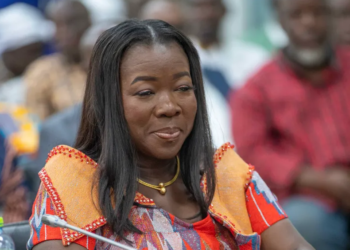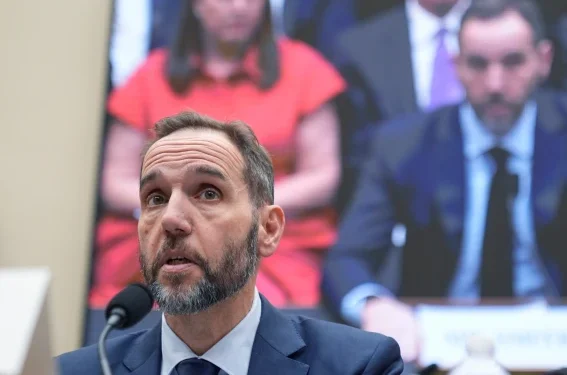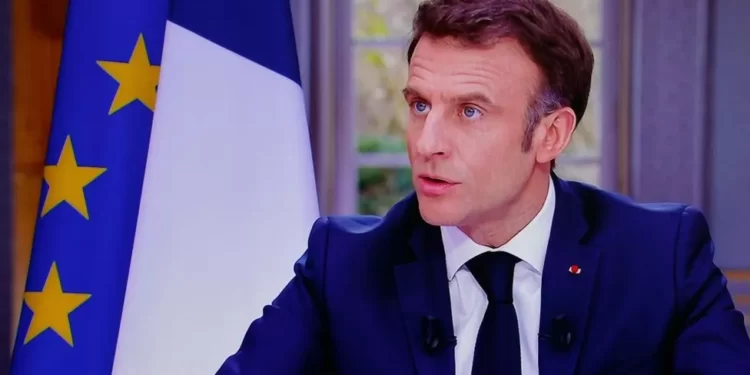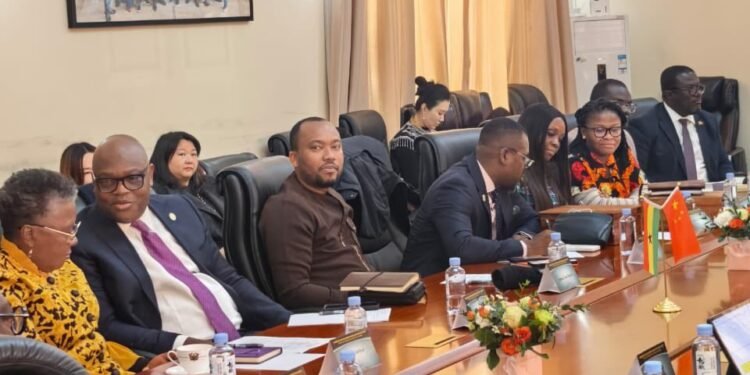The International Monetary Fund (IMF) has recently issued a paper evaluating the role of trade in its work, stating that open, stable, and transparent trade policies are essential for economic growth, resilience, and addressing key global challenges.
The study pointed out that open trade has been a crucial component of the global agenda for supporting growth, helping millions of people escape poverty and enhance their standard of life.
According to IMF, as highlighted during the COVID-19 pandemic, trade diversification is essential for enhancing macroeconomic resilience.
Despite the numerous benefits that open trade brings, large global gains still remain to be derived from further trade reforms, especially in services and environmental goods needed to combat climate change.
Together with domestic policies to help share the gains more widely, IMF report noted that open trade can promote balanced growth and support cooperation on other global priorities, such as climate change, food and health security, and poverty reduction.
However, the IMF warns that the deteriorating global trade landscape poses risks to the current levels of prosperity. Trade tensions that have emerged in recent years have deep underlying causes.
“After rising sharply in the 1990s and early 2000s, the ratio of trade to GDP has been flat since around 2005. The lack of progress in traditional trade reforms and limited uptake of new opportunities in services and other emerging areas led to trade restrictions, trade-distorting subsidies, and other distortive policy measures that began to spread, particularly in the aftermath of the global financial crisis.”
International Monetary Fund
IMF further noted the recent trade tensions between China and the United States, the COVID-19 pandemic, and the war in Ukraine have further accelerated these trends.
A weakened multilateral trading system, the report disclosed, has been ill-equipped to address these challenges, leading to a more fragmented trade landscape and heightened uncertainty for businesses, investors, and consumers alike.

IMF Calls For Measures To Boost Global Trade
According to the International lender, more action is needed to revive the global trading system, reduce trade tensions, and create a more level playing field for businesses around the world.
This, it stated, requires a renewed commitment to multilateralism and international cooperation, coupled with a comprehensive set of policies to tackle the underlying causes of trade tensions, such as improving market access, addressing trade-distorting practices, and strengthening the rules-based system.
In particular, the IMF highlighted the need to address the inequalities that have arisen from the current trade system and to ensure that the benefits of open trade are shared more widely.
This will require policies that support workers who have been negatively impacted by trade liberalization, such as social safety nets and training programs to help them transition to new jobs. Moreover, it will also require a renewed focus on environmental sustainability and reducing carbon emissions, given the critical role that trade plays in this area.
Read also: IMF Positive Ghana’s Creditors Will Soon Come To A Resolution Over Debt Restructuring

